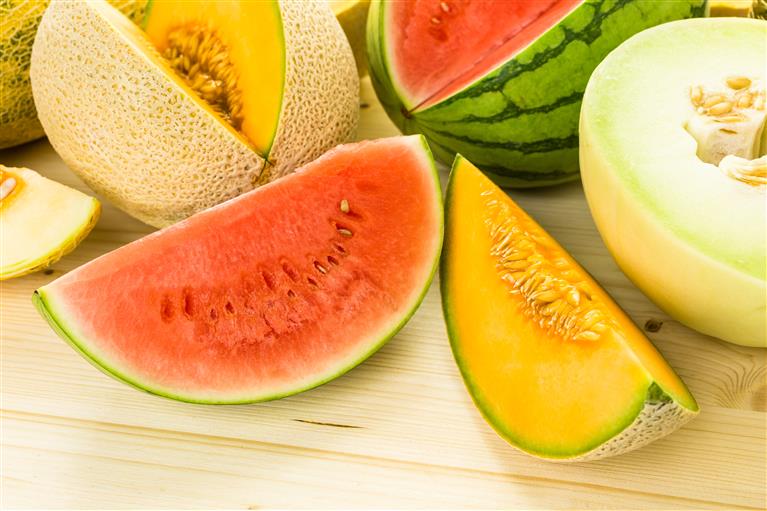



Article by: Hari Yellina
The glasshouse-grown Rockmelon and Oriental Melon sector in Australia is figuring out the next steps in a trade request from South Korea for market access. A discussion session with Department representatives, Melons Australia, and other interested industry partners was held late last week. The Department of Agriculture, Water, and the Environment produced a Draft Import Risk Assessment study in early June. Executive Director of Melons Australia, Johnathon Davey, claims that the report has provided a thorough investigation into five pest hazards and evaluated a number of other pests and illnesses that pose a biosecurity risk to the production of melons in Australia.
“We are working through a lot of variables in the draught Import Risk Assessment from an industry standpoint,” he said. “Our sector views biosecurity as one of our top objectives, and on farms, we actively encourage proactive biosecurity preparation and awareness on a daily basis. So, throughout the consultation time, we will carefully evaluate the biosecurity hazards. Allowing melon imports into Australia must take into account the more than $1 million our industry has recently invested in improving food safety. We also need to consider the fact that there is a risk associated with imported melons, and that risk cannot now be pre-paid. So, that risk is one thing we’ll look for.”
The leading business organisation is beginning to draught its submission report, which it will deliver to the department in the coming weeks. The industry and Mr. Davey are also interested in the fact that the trade in melons has not yet been viewed as a two-way street, as Korea is not currently considering importing Australian melons. “For our watermelon, rockmelon, honeydew, and other kinds, Mr. Davey suggested that Korea would represent a sizable market. We’ve already talked to Korean importers who are eager to get their hands on Australian melons, but this is not currently being taken into consideration. Although it is frustrating, we will keep pushing for it. It might provide our country with millions of dollars in economic benefits.”
Australian melons exports experienced a significant decline from July to December 2021, but overall, the sector is performing similarly to the previous year. Even though the industry is still far behind where it was (pre-COVID) and where it would like to be, Mr. Davey claims that work is being done in the export sector. Recently, Melons Australia teamed up with AUSVEG and the onion sector in a 5-year Hort Innovation levy-funded project to increase export opportunities. The project’s key components are connecting growers to new buyers and markets and educating them on the export process.